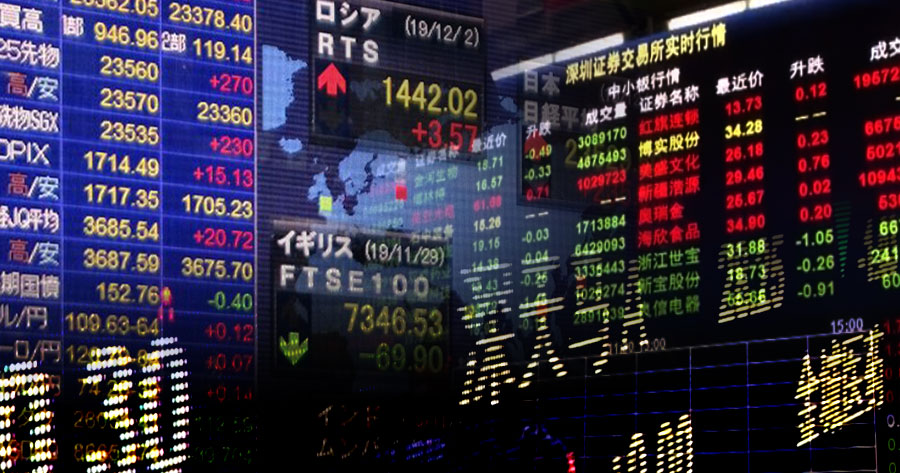Asian stocks followed Wall Street’s overnight steep drop on Tuesday as investors continued to mourn the effect of Silicon Valley Bank and other collapsed U.S. financial institutions.
At 9:31 AM (Bangkok time), the Nikkei 225 in Japan down 2.01% as Softbank Group shares dropped as much as 3.5% to their lowest position since October of last year.
The Kospi in South Korea also dropped by 1.86%. The banking industry led the way down for Australia’s S&P/ASX 200 index, which fell 1.70%. Consumer confidence in Australia remained around record lows.
The Hang Seng index in Hong Kong was down 0.93%, which was less severe than the drops seen in other Asian markets. The Shanghai Composite Index on the Chinese mainland slid 0.57%.
Overnight in the U.S, the Dow Jones Industrial Average fell for a fifth consecutive day despite efforts to support bank shares, such as a plan to back up all the depositors of bankrupt Silicon Valley Bank and other exceptional measures. The Nasdaq Composite rose 0.45% while the S&P 500 lost 0.15%.
Investors will also be watching the release of the U.S. consumer price index for February due on Tuesday.
The figure for February is likely to come in at 0.4% on a monthly basis or at a 6% annual pace, according to Dow Jones estimates.
This is slightly less than the 0.5% and 6% inflation rates seen in January.
The Consumer Price Index (CPI) is the next source of data that can shed light on the Federal Reserve’s next move before their March 21-22 meeting.
After SVB’s failure, Goldman Sachs and Pacific Investment Management expected the Federal Reserve could pause in raising the policy rate. Nevertheless, Nomura economists went farther, speculating that the Fed would lower its target rate as soon as next week.
In his speech to Congress on Tuesday, Fed Chair Jerome Powell alarmed investors by signaling that he was considering a rate hike of up to 50 basis points.





